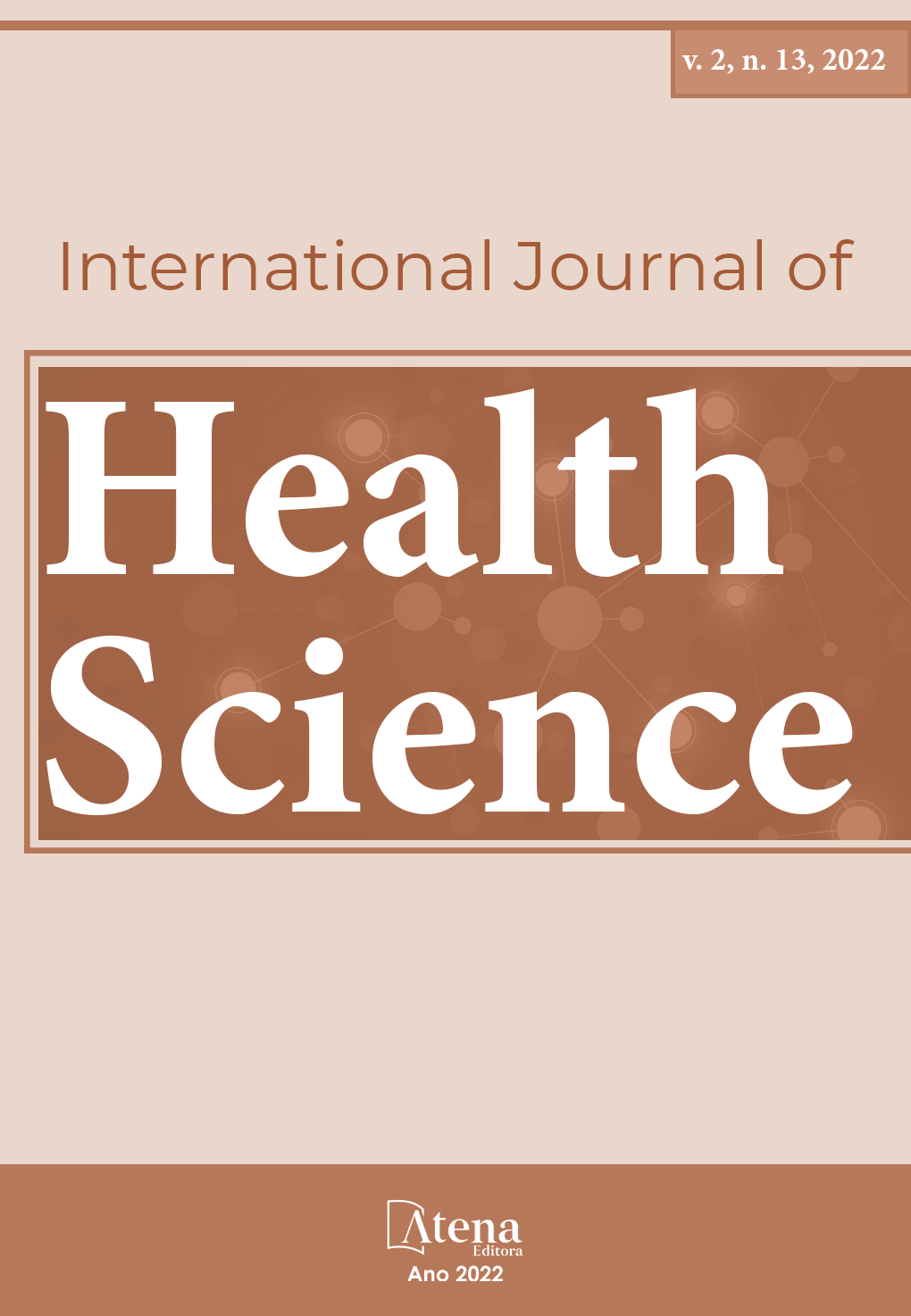
PERMANENT EDUCATION: THE ROLE OF NURSES IN THE TEACHING-LEARNING PROCESS IN A HOSPITAL ENVIRONMENT
Introduction: Permanent education is essential for health professionals because of the importance of disseminating information and learning for a continuous evaluation of health education actions in order to improve the care of the population with safety and quality. Objective: Considering the information presented, the objective of the present study stands out, to address continuing education in the hospital service and its benefits. Methodology: This is an integrative review study which was shaped by the guiding questions: “What is it, what is the importance and what are the benefits of Continuing Education for health professionals?” and “What is the role of nurses in education?”. Data collection was through secondary data extracted from 15 selected articles, according to inclusion criteria. Result and discussion: As a result, it was possible to find the answers to the guiding questions. Permanent education is a construction of knowledge within a dynamic and continuous process in which they are incorporated into the daily life of organizations. It is a managerial competence attributed to nurses, which helps in the qualification of care, interacting with the entire team, improving and developing professionals. The following topics were discussed for discussion: National Policy on Permanent Education in Health (PNEPS) definition of education, concept of permanent education, evolution in Brazil, permanent health education, role of nurses in education, benefits of continuing education, evaluation of effectiveness of continuing education. Conclusion: The contribution of continuing education in professional practice is evident through the attitudes and responsibility that the professional assumes while caring for the patient and in the implementation of actions to train professionals and, thus, have more quality in the care provided.
PERMANENT EDUCATION: THE ROLE OF NURSES IN THE TEACHING-LEARNING PROCESS IN A HOSPITAL ENVIRONMENT
-
DOI: 10.22533/at.ed.1592132203034
-
Palavras-chave: Nursing Education. Empowerment. Hospital Education Service. Distance Education. Continuing Education.
-
Keywords: Nursing Education. Empowerment. Hospital Education Service. Distance Education. Continuing Education.
-
Abstract:
Introduction: Permanent education is essential for health professionals because of the importance of disseminating information and learning for a continuous evaluation of health education actions in order to improve the care of the population with safety and quality. Objective: Considering the information presented, the objective of the present study stands out, to address continuing education in the hospital service and its benefits. Methodology: This is an integrative review study which was shaped by the guiding questions: “What is it, what is the importance and what are the benefits of Continuing Education for health professionals?” and “What is the role of nurses in education?”. Data collection was through secondary data extracted from 15 selected articles, according to inclusion criteria. Result and discussion: As a result, it was possible to find the answers to the guiding questions. Permanent education is a construction of knowledge within a dynamic and continuous process in which they are incorporated into the daily life of organizations. It is a managerial competence attributed to nurses, which helps in the qualification of care, interacting with the entire team, improving and developing professionals. The following topics were discussed for discussion: National Policy on Permanent Education in Health (PNEPS) definition of education, concept of permanent education, evolution in Brazil, permanent health education, role of nurses in education, benefits of continuing education, evaluation of effectiveness of continuing education. Conclusion: The contribution of continuing education in professional practice is evident through the attitudes and responsibility that the professional assumes while caring for the patient and in the implementation of actions to train professionals and, thus, have more quality in the care provided.
-
Número de páginas: 14
- Maria do Socorro Saturnino
- Eliana Suemi Handa Okane
- Bianca Merchak Silveira


